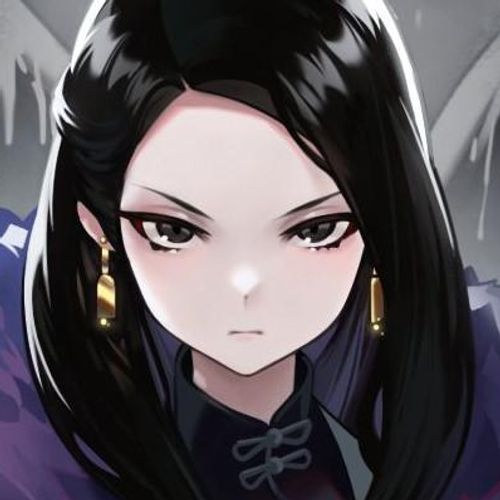Random question that's been bugging me that I hope someone can answer. Why, at the end of hello… - Feed Post by Taylor02
Random question that's been bugging me that I hope someone can answer. Why, at the end of hello (Konnichiwa) is it spelled with は instead of わ?
posted by Taylor02 February 3, 2017 at 11:02am
Comments 4
 I could be wrong but I think in some cases は is pronounced as a わ
I could be wrong but I think in some cases は is pronounced as a わ
i think it has something to do with the particle? not 100% sure tbhFebruary 3, 2017 at 11:08am To add onto what zimfreak said, は is pronounced as わ when it is used as a particle. I've yet to find out the technical reason as to why you would use は instead of わ.
To add onto what zimfreak said, は is pronounced as わ when it is used as a particle. I've yet to find out the technical reason as to why you would use は instead of わ.
I did find this explanation, I think it's pretty helpful, I hope it will be helpful for you as well:
Japanese particles を, は and へ, they all reflect an earlier pronunciation that was retained in spelling for many words in historical kana usage, but after the major language reforms of 1946, this conservative spelling was kept only for these 3 particles.
To see what happened here exactly, we first have to get acquainted with traditional kana, that had two extra letters (ゑ and ゐ in hiragana). These letters are usually transliterated as WE and WI respectively, and that was indeed their pronunciation in Old and probably Classical Japanese. In the early 20th century however, the entire W-column (ワ行) has merged with the vowel-column (ア行), except for the letter わ itself. As for the H-column (ハ行), it merged even earlier with the ワ行 in some positions (between vowels), as I've explained in my other answer. Since the ハ行 was already merged with the ワ行 for these positions, it also underwent the merger with the ア行 when it came. So to lay it out more clearly, this is the order of the changes:
/p/ softens to /f/ and becomes /w/ between vowels.
は (originally pronounced as PA) is now pronounced WA.
へ (originally pronounced as PE) is now pronounced WE.
/w/ disappears before all vowels except /a/.
は (previously pronounced as WA) remains WA.
へ (previously pronounced as WE) becomes E.
を、ゑ、ゐ (originally pronounced as WO, WE, WI) become O, E, I.
Up to 1946, you could find, for instance, spellings such as アヲイ (for 青い, the color blue) and アヲヒ (a name for a family of flowers, sometimes translated as Hollyhock). awoi underwent the disapperance of w and became aoi, while awopi became first awowi and then aoi.February 3, 2017 at 1:47pm Thank you! This is very informative :)February 6, 2017 at 2:49am
Thank you! This is very informative :)February 6, 2017 at 2:49am Essentially, は 'wa' is a particle that indicates the topic. For example, when using Watashi wa, watashi is the topic because it is directly before wa.February 6, 2017 at 3:29am
Essentially, は 'wa' is a particle that indicates the topic. For example, when using Watashi wa, watashi is the topic because it is directly before wa.February 6, 2017 at 3:29am
